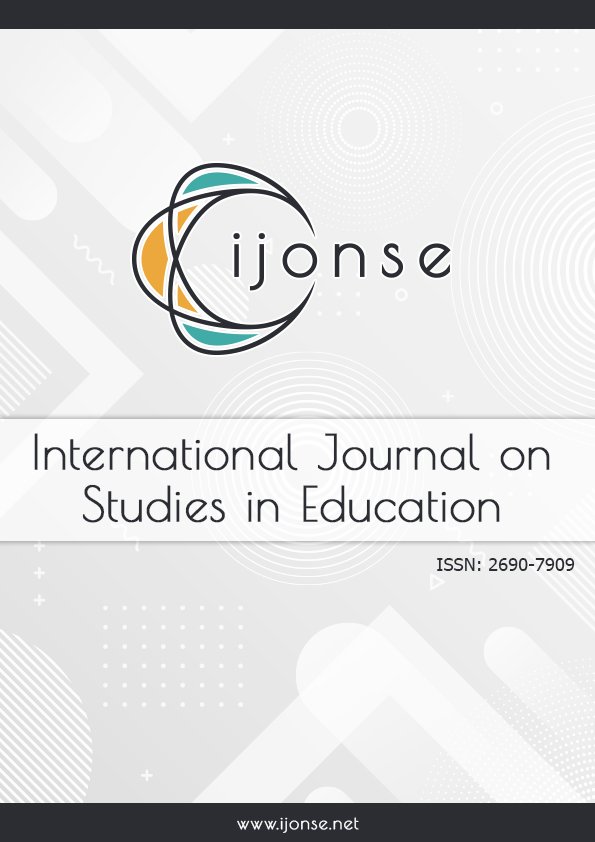A Typology of Teachers’ Self-reported Use of Student Data from Computer-Based Assessment Programmes in Secondary Education
DOI:
https://doi.org/10.46328/ijonse.208Keywords:
Secondary education, Teaching strategies, Learning analyticsAbstract
Teachers in secondary education have to deal with a growing diversity in student population, which asks for differentiation of their teaching. Computer-based assessments (CBA’s) are educational software tools that, for a particular school subject, allow students to practice their knowledge or skills, leading to results about students’ performance or ability level at that point in time. Information derived from CBA’s (known as learning analytics) has the potential to support teachers to differentiate by informing them of each student’s current level. In this study, our aim was to provide a typology of how and why teachers in secondary education use analytics, with the subsequent aim of providing recommendations for teacher professional development. Four profiles were found: high users, selective users, early stage users, and non-users. We provide recommendations for each of these profiles.References
van Leeuwen, A., Post, L., Lockhorst, D., Admiraal, W., & Kester, L. (2024). A typology of teachers’ self-reported use of student data from computer-based assessment programmes in secondary education. International Journal on Studies in Education (IJonSE), 6(3), 316-332. https://doi.org/10.46328/ijonse.208
Downloads
Published
Issue
Section
License
Articles may be used for research, teaching, and private study purposes. Authors alone are responsible for the contents of their articles. The journal owns the copyright of the articles. The publisher shall not be liable for any loss, actions, claims, proceedings, demand, or costs or damages whatsoever or howsoever caused arising directly or indirectly in connection with or arising out of the use of the research material.
The author(s) of a manuscript agree that if the manuscript is accepted for publication in the International Journal on Studies in Education (IJonSE), the published article will be copyrighted using a Creative Commons “Attribution 4.0 International” license. This license allows others to freely copy, distribute, and display the copyrighted work, and derivative works based upon it, under certain specified conditions.
Authors are responsible for obtaining written permission to include any images or artwork for which they do not hold copyright in their articles, or to adapt any such images or artwork for inclusion in their articles. The copyright holder must be made explicitly aware that the image(s) or artwork will be made freely available online as part of the article under a Creative Commons “Attribution 4.0 International” license.

This work is licensed under a Creative Commons Attribution-NonCommercial-ShareAlike 4.0 International License.





